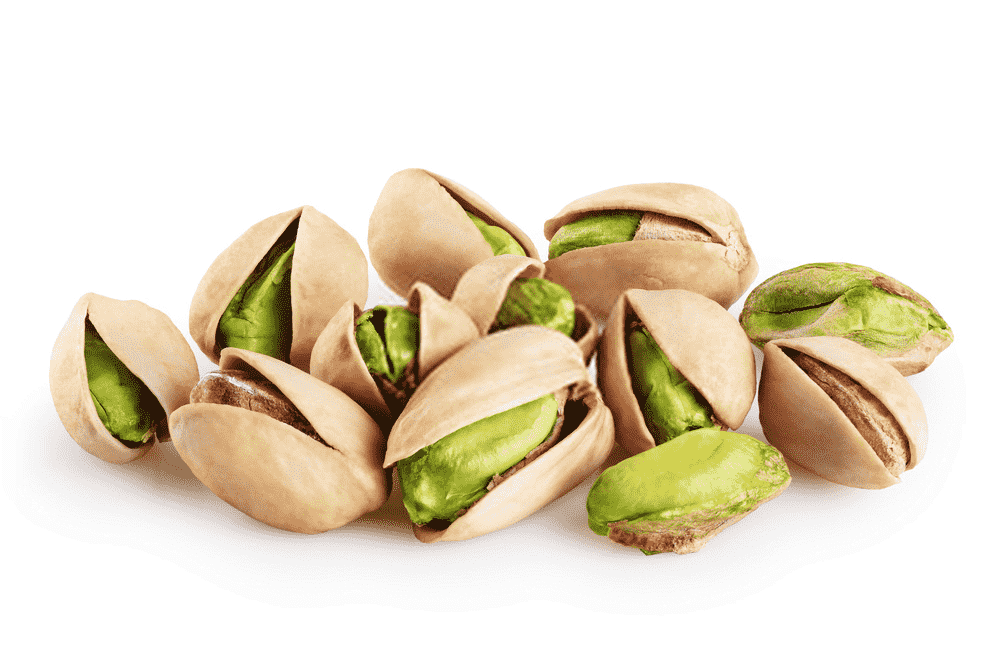Women’s Wellness Part 2: Vitamin B6 and PMS
The effectiveness of Vitamin B6 in the treatment of PMS dates back over 40 years. Results were noted, such as:
- ‘Significant decreases in all symptoms’ (1)
- 70% reporting good or partial response’ (2)
- ‘Improvement in 63% of patients on pyridoxine’ (3)
The dose used within these studies ranged from 40-200mg (with a possible risk of toxicity at 200mg).
Only one patient of the 940 participating in these trials indicated the presence of any side effects that could be attributed to the neuropathy associated with pyridoxine toxicity. (4)
A meta-analysis of nine published trials involving almost 1,000 women with PMS found that vitamin B6 is more effective in reducing PMS symptoms than placebo. (5)
A double-blind, randomized controlled trial in 94 women found that 80 mg pyridoxine taken daily over the course of three cycles was associated with statistically significant reductions in a broad range of PMS symptoms, including:
- Moodiness
- Irritability
- Forgetfulness
- Bloating
- Anxiety (6)
Below are my preferred dietary sources of Vitamin B6 per 100g:
- Liver – 1mg
- Salmon – 0.9mg
- Sunflower Seeds – 1.33mg
- Pistachios – 1.7mg
The recommended daily allowance sits around 1.3mg, which makes an easy target to obtain via food.
However, to achieve the dosage used in the above studies is between 30-153 times higher than the RDA, making it unachievable to obtain through diet alone.
As you can see here, Designs For Health provides 50mg of Vitamin B6 in just one capsule. This is in the form of Vitamin B6 in its most bioavailable form – P5P.
Magnesium and Vitamin B2 are required for the conversion of P5P. The deficiency rates of magnesium make this conversion much harder.
High protein diets or genetic susceptibilities (such as NBPF3) are factors that can increase the need for more Vitamin B6.
Have you ever used B6 for your PMS?
References
- Goei and Abraham, 1983
- Brush, 1988
- Day, 1979
- London RS, et al. 1991
- Wyatt KM, et al. BMJ 1999
- Kashanian M, et al. 2007
